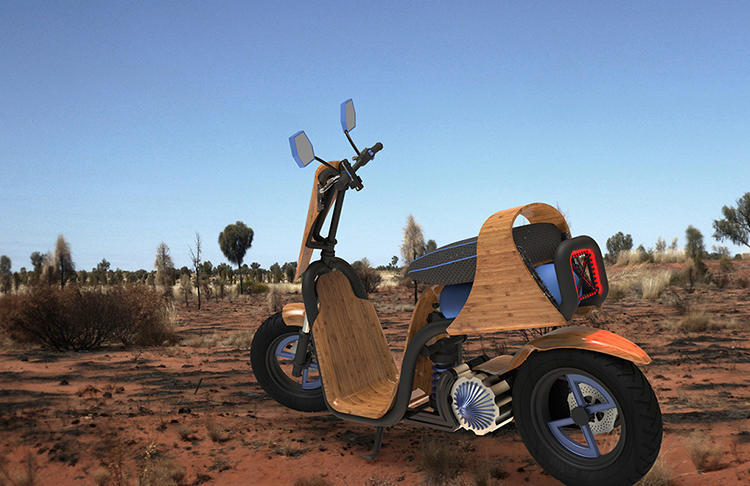A 27-Year-Old Farmer Says You Can Pay Off Your Student Loans By Growing Food
Joyce Park stashed this in Food
Stashed in: Ecology!, Young Americans, Awesome, food, Gardening, Business Tips and Tricks, Ecosystems, Startups, Extraordinary People, Personal Finance, Student Loans, Ugly Fruit
I've read articles about how hard it is to make a living as an organic farmer so this is a counterbalance.
Wow, cool:
You can make about $80,000 on a half acre—if you know how to farm, and if you’re willing to move away from the city. Old retired farmers get tax bracket changes if fallow land is turned to actively farmed land. They have a fiscal incentive just to let someone farm that land.
Today I learned the typical farm is backwards.
According to the United States Department of Agriculture 2014 Agriculture and Food Statistics report, today’s farms are fewer and bigger. So much so, in fact, that just 10 percent of farms own more than 70 percent of the cropland in America.
Sustainable farming—among other things—means taking care of the air, soil, and water, but most of the farms on that 70 percent of cropland aren’t sustainable, and massive factory farms often pollute soil and water with fertilizer run-off. In the textbook Environmental and Natural Resource Economics: A Contemporary Approach, the authors Jonathan M. Harris and Brian Roach write that 35,000 miles of river in the U.S. have been contaminated by factory farm waste from animal production. Animals are notoriously mistreated, and many farms produce too much food to properly sanitize, meaning there are more and more outbreaks of foodborne illnesses—the spread of Salmonella is directly linked to factory farming practices.
The trick to developing a sustainable farm, says Winter, means to flip ideas about the typical farm on its head.
“The typical farm is backwards,” Winter says. “The typical farm says, ‘Number one, flatten all the land—rip out all of the rocks—put in irrigation. Till it really fluffy; put in all of one kind of crop to make it easy; spray it with poisons to kill the insects, weeds, and funguses that grow because you’ve been giving it too much water with your irrigation line.’ Then it says, ‘Buy expensive—like the cost of a house—machinery that you’ll need to keep up. And we’ll try and sell you more pesticides.’”
And she's part of the ugly fruit movement!
“We use a lot of the overripe products, the ones that are bruised or too ripe to market, we dry them, and then we can sell them in the winter,” says Winter. “It works really nicely, and it’s small enough that he can make a nice living off of it, which is really impressive.”











8:40 PM Sep 01 2016